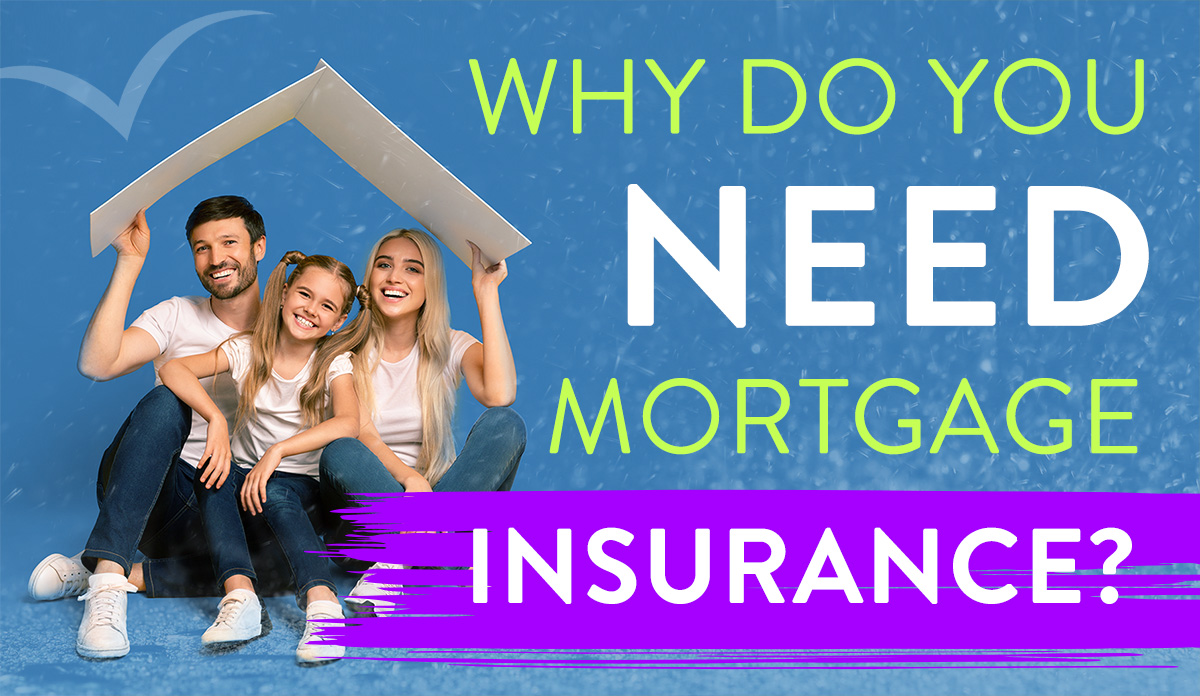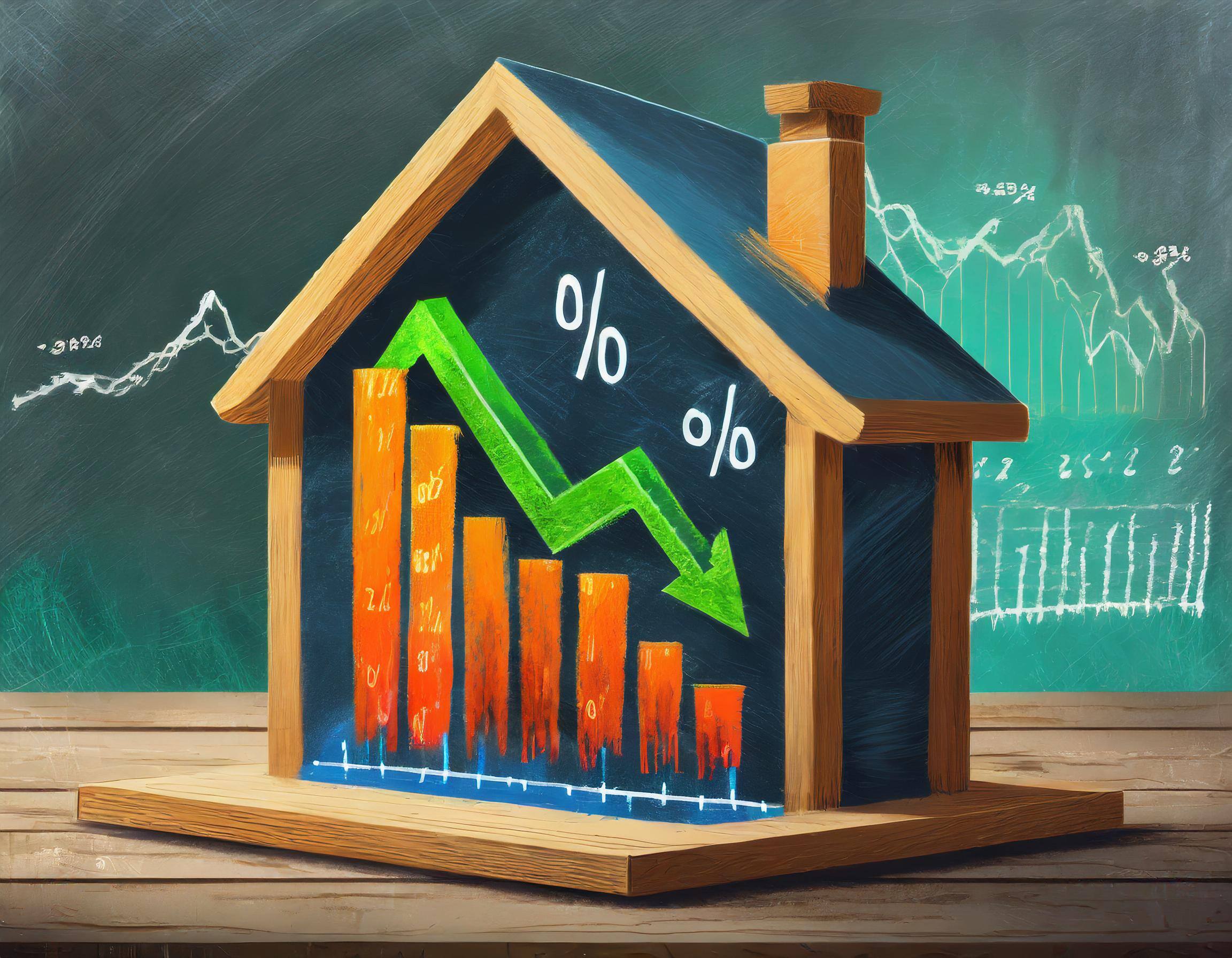If you're getting ready to apply for a mortgage, you probably have a lot of questions. (Please reach out to a Point Equity Loan Officer to get your questions answered!) Maybe your questions aren't even specific but about whole topics surrounding the process of getting a mortgage.
At Point Equity, we try to answer the questions (and mortgage topics) our clients ask most often - right here in our blog. This article tackles Mortgage Insurance and answers many questions we frequently hear about this subject.
If you have questions after reading this, our Loan Officers are standing by to consult with you.
What is Mortgage Insurance (good for)?
Every type of insurance provides financial protection for the insured when "something" happens. Car insurance provides money so you can repair damage from an accident. Fire insurance provides cash to rebuild your home.
With all insurance, you pay a monthly insurance premium to get the financial benefit when you need it. But mortgage insurance is slightly different. Yes, it provides money to a Mortgage Lender when they foreclose on a property with less than 20% equity.
But the Mortgage Lender doesn't pay the monthly insurance premium. You do.
By "you," we mean anyone who's putting less than 20% down when they buy a home. That's good for the Mortgage Lender - and good for you, too. If you earn enough to pay a monthly mortgage payment but don't have enough savings for a 20% downpayment - mortgage insurance opens the door to your new home.
Without it, Mortgage Lenders wouldn't take the risk of loaning money unless there was a minimum of 20% down payment. Lenders avoid risk whenever possible to stay in business. The risk of foreclosure goes up significantly when someone puts less than 20% down.
But mortgage insurance takes away a good deal of the financial risk for lenders and allows more people to buy a home. Without mortgage insurance, it might take years (if ever) for many people to save enough money to buy a home with rising prices.
Now let's talk about which type of mortgage insurance goes with different loans and how you can pay for it.
The Different Types of Mortgage Insurance
Mortgage insurance falls into two categories. One type comes with all government loans, and the other is for all non-government loans. Talking about mortgage insurance can sound like alphabet soup and is confusing.
You may have heard of PMI, MIP, FHA, and VA? How about USDA? Yep, it looks like a spoonful of alphabet soup. So let's break it down for you here.
Government Mortgage Loans
First, FHA, VA, and USDA are different types of government loans. In each case, a government agency guarantees and insures the loan to the Mortgage Lender that makes the loan. All three of these have slightly different requirements.
A VA loan is for any member, past or present, of a US military branch. A USDA loan is used for rural properties and guaranteed by the United States Department of Agriculture. If you believe you're eligible for one of these, meet with a Point Equity Loan Officer to discuss your situation.
An FHA loan is the most common government-insured or guaranteed loan. It allows for down payments as low as 3.5% of the purchase price, even with a low credit score. FHA mortgage insurance is required no matter how much equity you have in your home.
The mortgage insurance premium (MIP) for FHA loans comes in two parts. There is a portion called the "Upfront" MIP that's due when the loan closes. This portion of the premium is usually added to the loan balance, reducing the cash required to buy the home. But, you'll pay interest on it when it's added to your mortgage.
The monthly MIP is due with your mortgage payment. Part of the qualifying calculation is monthly mortgage payment + a monthly portion of your property taxes and fire insurance premium + the monthly MIP = total mortgage payment. Divide the total mortgage payment by your gross monthly income.
For further details on getting an FHA loan, calculating MIP, and qualifying income and credit score, contact a Point Equity Loan Officer.
Conventional Loans
The final alphabet soup term, PMI (or Private Mortgage Insurance), is the mortgage insurance for a conventional mortgage loan. If you don't get an FHA, VA, or USDA loan, you're getting a conventional loan. These loans are guaranteed by private agencies (Fannie Mae and Freddie Mac) backed by the Federal Government.
Here are the details for conventional loans with less than 20% down payment:
- The minimum down payment required is 3%.
- There's no mortgage insurance premium upfront.
- You can ask to drop the mortgage insurance when you have 22% equity.
To learn more about qualifying guidelines for conventional loans with less than 20% down, you'll need to consult with a Loan Officer. However, we can tell you there are a few options for paying PMI premiums, and one might work best for your situation.
The most common method of paying PMI premiums is borrower-paid mortgage insurance (BPMI). That means you pay a monthly premium along with your mortgage payment. The other options are:
Lender-Paid Mortgage Insurance
You can structure your loan to have the lender pays the entire PMI premium. It's called LPMI (lender-paid mortgage insurance) when you agree to a higher interest rate for the loan to have the lender pay the premium.
To see if this is a viable option for you - do the math with a Loan Officer. Calculate the mortgage payment at the lowest interest rate available to you and add the PMI premium. Compare that figure to the cost with a higher interest rate, allowing the lender to pay off the PMI premium. Typically, a higher interest rate without paying the monthly PMI premium is the lower-cost option.
The other benefit to LPMI is the tax deduction. PMI premiums aren't tax-deductible above approximately $100,000 annual income (check IRS guidelines for current income cut-offs). But the interest you pay on your mortgage is tax-deductible, so getting a slightly higher interest rate carries tax benefits.
Split-Premium Mortgage Insurance
Rarely used but still available and worth explaining if it fits your situation. Split-premium mortgage insurance allows you to pay a portion of the PMI premium upfront (like the FHA loan), which reduces the amount of the monthly premium. You can't finance the amount due upfront.
Paying the PMI premium in this manner is a good strategy if your debt to income ratio is too high to qualify otherwise. Discuss this option with a Point Equity Loan Officer to see if it's a good fit.
How Much Will Mortgage Insurance Cost?
While we hear this question frequently, there isn't one answer because a few factors go into determining it, including:
- Your credit score.
- The percentage of down payment you make.
- If you're getting a 30-year or 15-year amortization.
- Which premium plan you choose.
We hope this basic overview is helpful to you, but to learn how mortgage insurance will impact you, personally, consult with a Point Equity Loan Officer.








